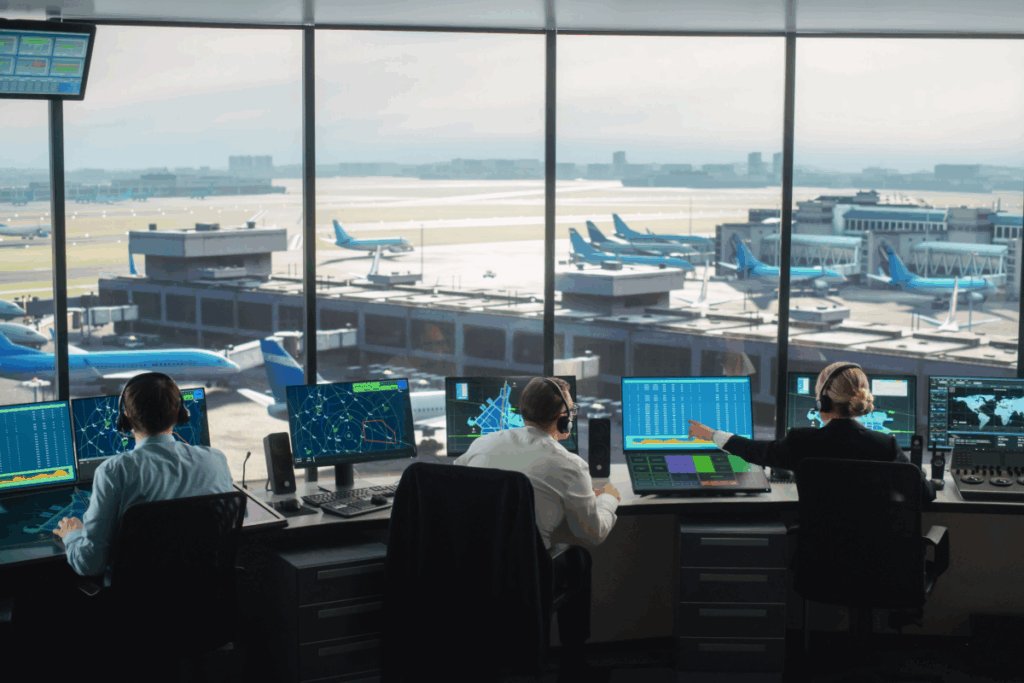Transportation Secretary Sean Duffy issued a stark warning Thursday to air traffic controllers who are reportedly calling out sick in protest of the ongoing government shutdown, saying that those who fail to report to work risk losing their jobs.
Speaking on Fox Business’ Varney & Co., Duffy made clear that the Department of Transportation (DOT) would not tolerate unapproved absences. “If we have some on our staff that aren’t dedicated, we’re going to let them go,” he said. “I can’t have people not showing up to work.”
Duffy praised the vast majority of controllers, describing them as “amazing, beautiful, wonderful American patriots” who continue to work without pay during the shutdown. Still, he noted that “a small fraction of people who don’t come to work” can cause widespread disruptions in the nation’s air traffic system.
A spokesperson for the National Air Traffic Controllers Association (NATCA), the union representing controllers, responded by noting that “there are processes and procedures in place to deal with the inappropriate use of sick leave.” The union has urged its members to continue reporting for duty despite the lack of pay.
Shutdown Strains an Already Short-Staffed System
Airports across the country, including those in Chicago, Nashville, New Jersey, Washington, D.C., and Burbank, California, have experienced staffing-related flight delays since the start of the week. So far, the disruptions have remained moderate, largely because most have occurred later in the day and have not yet affected the major East Coast hubs that typically set the pace for national air traffic.
The situation highlights the persistent staffing challenges within the Federal Aviation Administration (FAA), which has struggled for years to maintain sufficient air traffic control personnel. The problem dates back to the early 1980s, when President Ronald Reagan dismissed thousands of striking controllers. It has since been compounded by pandemic-era slowdowns and retirements.
DOT Pushes for Long-Term Hiring Solutions
According to FAA estimates, the U.S. currently has about 3,500 fewer air traffic controllers than its target staffing level. To address the shortfall, the DOT aims to hire more than 8,900 new controllers by 2028, as outlined in its workforce plan.
Despite Duffy’s tough remarks, the department continues to emphasize its commitment to rebuilding the workforce. However, the shutdown poses a significant challenge to those efforts, with hiring, training, and certification processes all facing potential delays.


